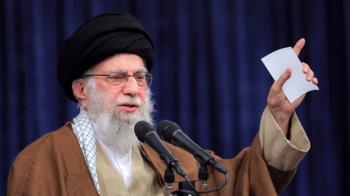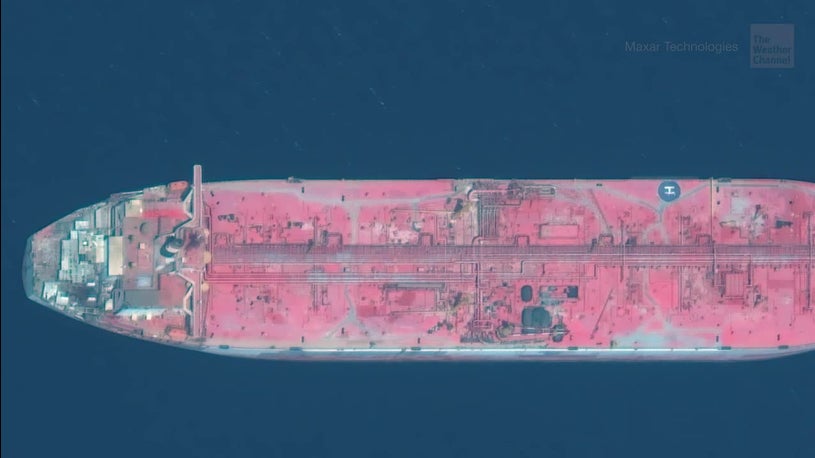Alwaght- The United Nations has reached an "agreement in principle" to transfer the toxic cargo from a deserted decaying oil tanker moored in the Red Sea off the coast of Yemen, as a looming leakage could result in a potential environmental disaster.
“I am pleased to report recent progress in efforts to resolve the [FSO] Safer tanker issue, including an agreement in principle to a UN-coordinated proposal to shift the oil to another ship,” Martin Griffiths, the UN's deputy chief for humanitarian affairs, said on Tuesday.
He gave no further details about the operation or when the transfer might take place.
The remarks came ten days after the UN indicated that both the Sana’a-based National Salvation Government and the Saudi-sponsored administration of former Yemeni president Abd Rabbuh Mansur Hadi were keen to find an emergency solution to avoid a catastrophic spill.
According to environmental group Greenpeace, an oil spill would prevent access to Yemen's main ports of Hudaydah and Salif and adversely affect food aid supplies for up to 8.4 million people.
Coastal countries including Djibouti, Eritrea and Saudi Arabia could also be affected, in addition to commercial maritime traffic in the Red Sea.
The Safer tanker reportedly allows vessels to anchor offshore and transfer oil extracted and processed from installations in Ma'rib oil fields in central Yemen.
The tanker is said to contain 34 crude oil tanks of different sizes and volumes, amounting to a total capacity of around 3 million barrels.
The ship has been moored several kilometers outside the Red Sea port of Ras Isa, north of Hudaydah.
Yemen crisis has no military solution
Meanwhile, a senior member of Yemen’s popular Ansarullah resistance movement has stressed that military strikes are no solution to the ongoing crisis, outlining his group’s conditions in order to enter a political process and negotiate a broad ceasefire.
“Establishment of peace is neither a tactic nor a transition for us. It has rather been among our principled positions since the outbreak of Yemen conflict. Ansarullah soundly rejects military solution, as it greatly favors peace,” Abdul Malik al-Ajri said on Tuesday.
“We demand cessation of all forms of overt and covert aggression against Yemen,” Ajri noted.
He highlighted that representatives from the National Salvation Government would enter negotiation for a nationwide ceasefire on the condition that the talks would result in the removal of the brutal siege on Yemen, reopening of Sana’a International Airport and Hudaydah port, and lifting of sanctions against the Yemeni nation.
Earlier, Ansarullah spokesman said his group had submitted a peace plan to Vladimir Dedushkin, the Russian ambassador to Yemen.
“We have voiced our views regarding a humanitarian solution to alleviate the suffering of Yemeni people, cessation of hostilities and resumption of UN-backed political process to reach comprehensive peace in Yemen,” Mohammed Abdulsalam noted.
Saudi Arabia and a number of its regional allies, backed by the United States and European powers, launched the war on Yemen in March 2015, with the goal of bringing the government of former Yemeni President Abd Rabbuh Mansour Hadi back to power and crushing the popular Ansarullah resistance movement.
The war has left hundreds of thousands of Yemenis dead and displaced millions more. It has also destroyed Yemen’s infrastructure and spread famine and infectious diseases there.
Despite Saudi Arabia’s incessant bombardment of the impoverished country, the Yemeni armed forces have gradually grown stronger, leaving Riyadh and its allies, most notably the United Arab Emirates, bogged down in the country.



























